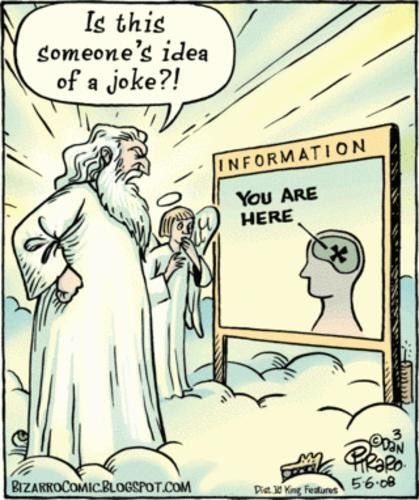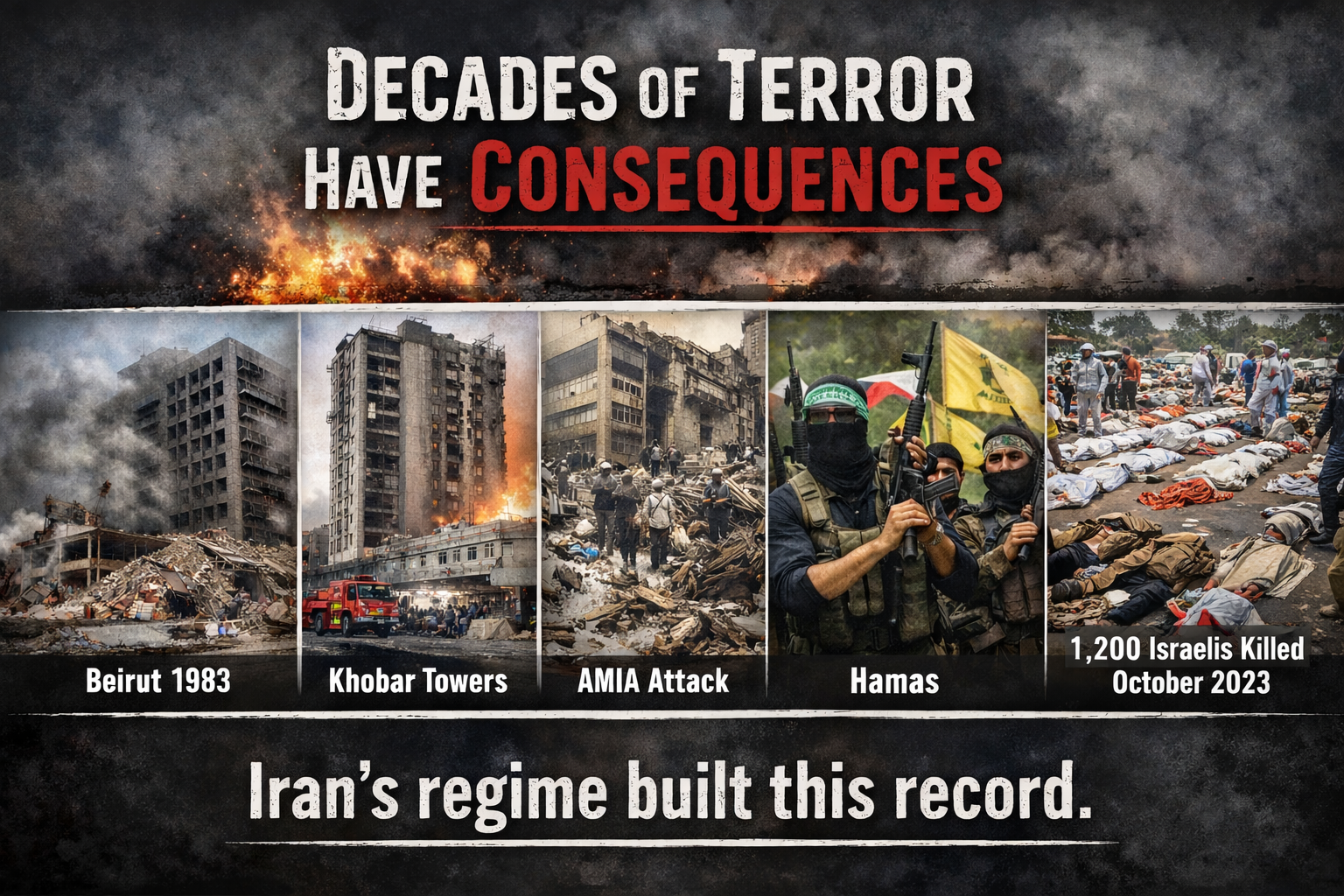No Really, Where is God?
Why God Did Not Intervene: Confronting the Problem of Evil

Introduction: A God Who Did Not Intervene
When Jews were herded into gas chambers at Auschwitz, they cried out ancient prayers that had echoed for centuries. When Catholic priests preyed on children entrusted to their care, those children begged God for protection. When famine struck Ireland, Ethiopia, and countless other places, the poor starved while church leaders urged patience and prayer.
The haunting question remains: if God is all-powerful and all-loving, why did He not intervene?
For some, the answer is that He works in mysterious ways, His justice deferred to the afterlife. For others, the atrocities of history are evidence that God is either indifferent, impotent, or nonexistent. The Holocaust, clergy abuse, genocide, slavery, and modern injustices force us to reckon with what theologians call the problem of evil.
This blog does not pretend to solve the riddle. Instead, it confronts the tension head-on, examining theology, history, and human responsibility in the face of divine silence.
The Holocaust: Faith in the Gas Chamber
The Holocaust is the central moral catastrophe of the twentieth century, and perhaps of all recorded history. Six million Jews, along with Roma, disabled people, political dissidents, and others, were exterminated in camps designed to industrialize death.
Many of the victims were devout. They wore prayer shawls as they were marched to the ovens. They recited the Shema — “Hear O Israel, the Lord is our God, the Lord is One” — with their final breath.
Yet God did not appear. The heavens did not split. No angels stayed the hand of the executioner. Instead, trains kept running, ovens kept burning, and silence reigned.
Theologian Richard Rubenstein, after Auschwitz, concluded bluntly: “The thread uniting God and man has been broken. We stand in the cold, silent, unfeeling cosmos.” For him, the Holocaust was not simply a human tragedy — it was the death of the traditional idea of God.
Others, like Elie Wiesel, wrestled with faith but could not abandon the question. Wiesel wrote of a boy hanged in a camp, too light to die quickly. As the child suffocated for half an hour, someone whispered: “Where is God now?” Wiesel’s answer: “Here He is—hanging here on this gallows.”
The Holocaust makes faith impossible for some and indispensable for others. But one thing it does not allow is indifference.
The Scandal of Clergy Abuse: Predators in Vestments
The Holocaust represents evil on a national scale. The Catholic clergy abuse crisis represents it in the most intimate of betrayals. Children entrusted to priests were molested, raped, and manipulated. Their prayers for deliverance were met with nothing but silence.
The scandal is compounded by institutional complicity. Instead of protecting victims, the Church shuffled predators between parishes, hid records, and silenced whistleblowers. All the while, sermons about God’s love and justice continued to flow from pulpits.
Where was God in those dark sacristies and bedrooms? The faithful are told that justice will come in the afterlife, that abusers will face divine wrath. Yet such promises do nothing for children whose lives were shattered.
Philosopher Hannah Arendt described the “banality of evil” in her study of Nazi bureaucrats. Something similar applies here: evil flourished not through spectacular satanic rebellion but through ordinary cover-ups, paperwork, and silence. God’s silence mirrored the institution’s silence — and both left victims abandoned.
The Theological Escape Hatches
The Free Will Defense
One common answer is that God allows suffering because He gave humans free will. Evil arises not from God, but from our choices. Nazis chose genocide. Priests chose abuse. Slaveholders chose bondage.
But this defense raises more questions than it answers. Why grant freedom that allows for Auschwitz? Could God not grant freedom to choose between good options without permitting genocide? And what about natural disasters, diseases, and famines — evils that no human chooses?
The Soul-Making Argument
Another defense claims that suffering builds character, forging strength and compassion. Without evil, we would not grow.
But can one seriously argue that the starvation of millions of children was necessary for character development? Or that a raped child becomes morally refined by their trauma? At best, some people manage to find meaning in suffering. But many more are simply crushed by it.
The Mysterious Plan
Perhaps the most common refrain is that God’s ways are beyond our comprehension. Suffering is woven into a larger tapestry we cannot see.
But this is no answer at all. It amounts to: “Trust me, the pain has a reason.” For a Holocaust survivor, or a victim of rape, such words are an insult, not a comfort.
Philosophy: The Problem of Evil
The problem of evil has haunted philosophy for millennia. Epicurus, in the 3rd century BCE, put it starkly:
- If God is willing but not able to stop evil, He is impotent.
- If He is able but not willing, He is malevolent.
- If He is both able and willing, whence comes evil?
Dostoevsky dramatized the problem through Ivan Karamazov, who declared he would “return his ticket” to heaven if paradise required the torture of even one innocent child. Albert Camus, in The Plague, depicted a priest unable to reconcile divine goodness with the suffering of innocents. For Camus, the only honest response was rebellion — a refusal to justify or sanctify suffering.
Why People Cling to Explanations
Despite the weight of history and philosophy, many believers continue to defend divine silence. Why?
- Psychological comfort: Believing suffering has meaning reduces despair.
- Institutional reinforcement: Churches repeat narratives that normalize waiting.
- Fear of nihilism: If there is no divine justice, then perhaps there is no justice at all.
The problem is that these explanations often comfort the powerful more than the powerless. Slaveholders, colonizers, and abusive priests have all relied on theology to justify inaction.
When Heaven Becomes a Distraction
The danger of deferred justice is that it distracts from the demand for earthly justice. If all wrongs will be righted in the afterlife, why resist tyranny now?
- Slaveholders told the enslaved to obey masters as Scripture commanded.
- Colonizers justified conquest as saving souls.
- Church leaders told the poor to pray for deliverance while hoarding wealth.
In each case, heaven was weaponized to excuse hell on earth.
An Honest Reckoning
If we are to be honest, the silence of God in the face of atrocities cannot be explained away. Either:
- God does not exist as traditionally imagined.
- God exists but is not all-powerful.
- God exists but is not all-loving.
- Or, the question itself exposes the limits of human categories — but that still leaves us with silence.
None of these options is easy. But pretending the problem is solved by clichés only compounds the suffering of victims.
Our Responsibility in a Silent World
If God will not intervene, then it falls to us. Waiting for divine rescue perpetuates injustice. The only ledger that matters is the one we write with our actions here and now.
- We must hold abusers accountable, not trust their judgment to heaven.
- We must resist tyranny, not pray that God will topple it for us.
- We must feed the hungry, clothe the naked, and protect the vulnerable — because silence has already told us heaven will not.
As Camus wrote, “The only way to fight the plague is with decency.” That is, by human action, not divine intervention.
Conclusion: Living Without Cosmic Accounting
The Holocaust, the rape of children by priests, the endless stream of wars and genocides — these are not anomalies. They are the recurring features of human history. And in each case, heaven has remained silent.
The question is no longer why God does not intervene, but why we still expect Him to.
Justice delayed is justice denied. If morality has meaning, it must be realized in this world. The responsibility is ours, not God’s. The silence of heaven is not a verdict of despair but a call to human accountability.
Why This Matters
By facing the conundrum of divine silence, we strip away the false comfort of deferred justice. The challenge is frightening: we alone must confront evil. But it is also liberating. No longer bound by the illusion of cosmic accounting, we can take responsibility for justice here and now.
References
Arendt, H. (1963). Eichmann in Jerusalem: A Report on the Banality of Evil. New York: Viking.
Camus, A. (1947/1991). The Plague. New York: Vintage International.
Dostoevsky, F. (1880/1990). The Brothers Karamazov. New York: Vintage Classics.
Epicurus (3rd century BCE). Fragment in Lactantius, De Ira Dei.
Harris, S. (2004). The End of Faith. New York: W.W. Norton.
Hitchens, C. (2007). God Is Not Great: How Religion Poisons Everything. New York: Twelve.
Rubenstein, R. (1966). After Auschwitz. Baltimore: Johns Hopkins University Press.
Russell, B. (1927). Why I Am Not a Christian. London: Watts & Co.
Wiesel, E. (1960/2006). Night. New York: Hill & Wang.
Disclaimer:
The views expressed in this post are opinions of the author for educational and commentary purposes only. They are not statements of fact about any individual or organization, and should not be construed as legal, medical, or financial advice. References to public figures and institutions are based on publicly available sources cited in the article. Any resemblance beyond these references is coincidental.











